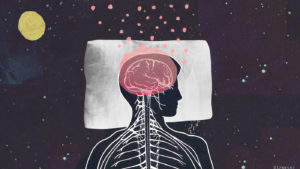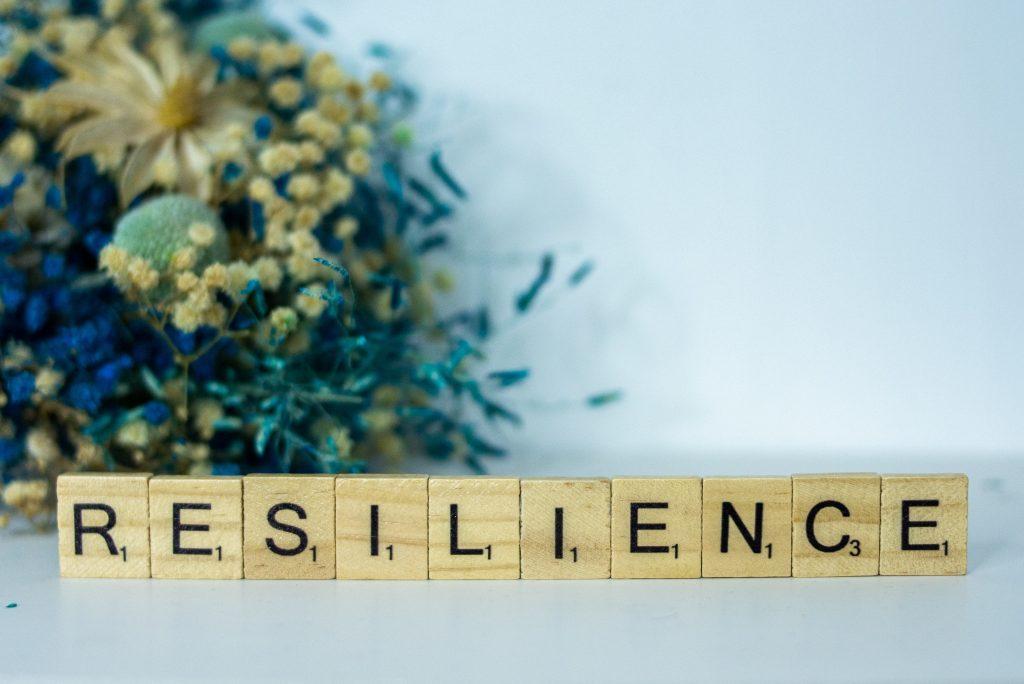In my early years in business, I had the same general aim of any entrepreneur when I woke up each morning: Work more. Then over time, I began to read more about efficiency, but always with a view to packing more work into the hours, I had available. I’d feel as if I’d had an accomplished day if I felt drained when I finally hit the hay, and then I’d be awake again at the crack of dawn ready to caffeinate and do it again.
In recent years I’ve come to realize that perhaps I hadn’t been going about things quite the right way in my early days as a professional. While I can’t say that I regret developing a work ethic or learning to pull eighteen-hour workdays during crunch time, I do recognize that those practices are ultimately not just unsustainable, but also inefficient.
Anyone who has tended to a newborn knows what it is that they miss most: Sleep. I noticed the effects of sleep deprivation most acutely after my kids were born, but didn’t recognize the day-to-day impact it had on me. I felt that sacrificing a few hours of sleep for an extension of my workday was the best thing I could do for myself and my company, but didn’t consider that feeling lethargic ultimately reduced my output and made me need to work longer hours as a result. It was a vicious cycle and one that could only be broken by deep, restorative sleep.
“There is only one thing people like that is good for them; a good night’s sleep.”
– Edgar Watson Howe (1853 – 1937)
Lately, there has been a lot of research dedicated to determining the effects of sleep deprivation, and the results have been shocking. The statistic that jumped out most to me concerned the effects of drowsiness on driving ability. If you’re so sleepy that your driving ability would plummet to that of a drunk person, are those really valuable work hours? Science suggests no.
In fact, studies show that even a consistent six-hour sleep schedule can have effects not perceived by an individual. Though you may feel as if you’ve adapted, sleep expert Dr. Phil Gehrman, PhD has found that in tests of “mental alertness and performance” subjects will steadily deteriorate despite self-perceived competence. As he said, “there’s a point in sleep deprivation when we lose touch with how impaired we are.”
That very real impact on brain function is seen in brain events known as “sharp wave ripples”. Their role is to help consolidate memory, turning short- and mid-term memories into long-term memories. They do so by transferring recently acquired information from the hippocampus region of the brain to the neocortex, where those long-term memories are stored. But here’s the thing: The majority of sharp wave ripples take place during deep sleep. Without enough of it, you’re likely to find yourself becoming forgetful, and those cat naps you give yourself are unlikely to fix it.
It’s become obvious to me that I was once thinking about sleep all wrong, if I even thought about sleep at all. I encourage other entrepreneurs to start treating sleep for what it is, and not a necessary evil that limits the time we can spend in the office. Without proper sleep, we are unable to be our most alert, our most productive, and our most capable, and for that alone I do whatever I can to ensure that I carve out the time for a good night’s rest.






